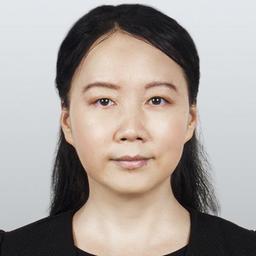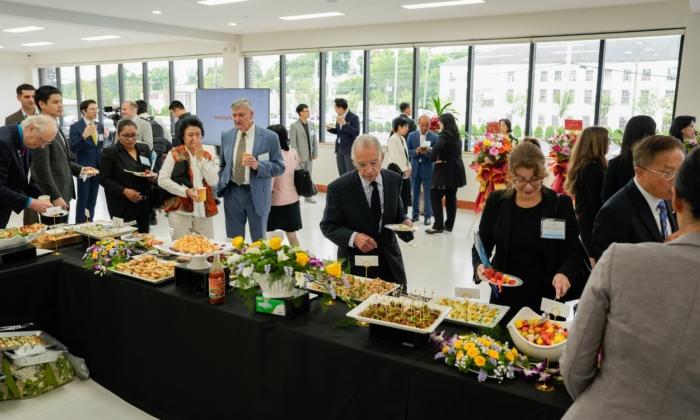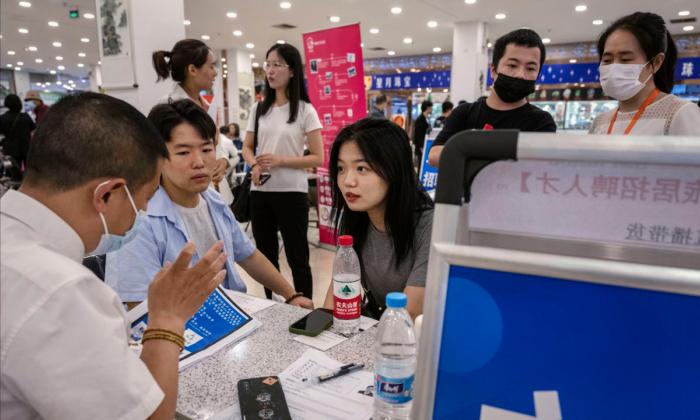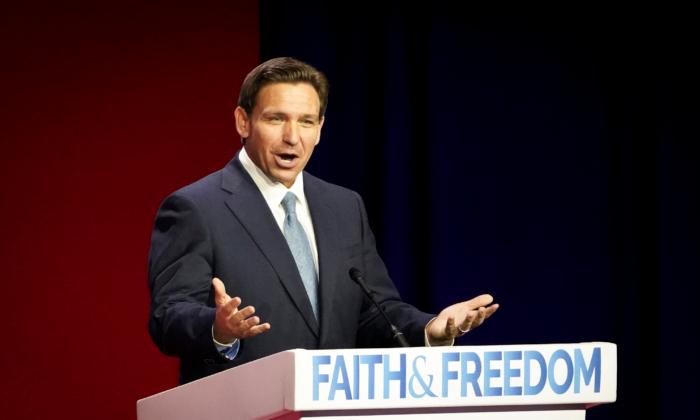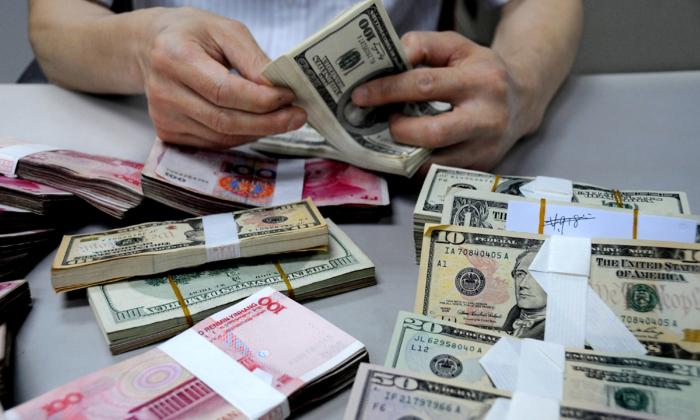DED is a program authorized at the discretion of the U.S. president, which protects certain individuals from deportation and allows them to live in the United States for a designated period of time.
“The United States supports the human rights and fundamental freedoms of the residents of Hong Kong. The People’s Republic of China (PRC) has continued to erode those rights and freedoms, and as such I am directing an extension and expansion of the deferral of removal of certain Hong Kong residents who are present in the United States,” said the White House memorandum that announced the program’s extension.
“By unilaterally imposing on Hong Kong the Law of the People’s Republic of China on Safeguarding National Security in the Hong Kong Special Administrative Region (NSL) in June 2020, the PRC has undermined the enjoyment of rights and freedoms in Hong Kong, including those protected under the Basic Law and the Sino-British Joint Declaration,” it added.
The memorandum noted that at least 150 opposition politicians, activists, and protesters have been detained on politically motivated NSL-related charges since June of 2020, including secession, subversion, terrorist activities, and collusion with a foreign state or external power. More than 1,200 political prisoners are now behind bars on the island, and more than 10,000 have been arrested on other charges related to anti-government protests.
Rapidly Deteriorating Human Rights Situation
A survey released by the Human Rights Measurement Initiative (HRMI) last June indicated that Hong Kong’s human rights situation has rapidly deteriorated following anti-government protests that erupted in 2019 and were suppressed by Chinese Communist authorities.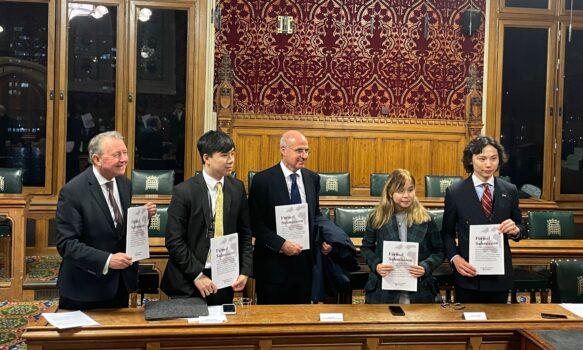
Under the category “right to be free from arbitrary detention,” Hong Kong scored only 3.5 on a 10 point scale. Its performance under “right to be free from torture” was 5.5 out of 10. The two scores fell into the “very bad” and “bad” categories, respectively.
Hong Kong’s score for freedom of assembly and association dropped from 4.5 in 2019 to 2.5 in 2021. Meanwhile, its score for freedom of speech dropped from 4.7 to 2.7, and its score for electoral rights dropped from 4 to 2.4.
HK’s Political Freedom Is Being Destroyed
According to a 2022 Freedom House “Freedom in the World” report, Hong Kong’s total freedom score dropped by 9 points, from 52 in 2021 to 43 out of 100.This and other incidents have put some of Hong Kong’s most prominent and outspoken pro-democracy opponents behind bars.
Public broadcaster Radio Television Hong Kong (RTHK), once known for its independent reporting, has also become a mouthpiece for the authorities, losing its independent editorial rights. In February of 2021, RTHK’s content older than a year on YouTube and Facebook was removed, depriving Hong Kong residents of access to historical archives.
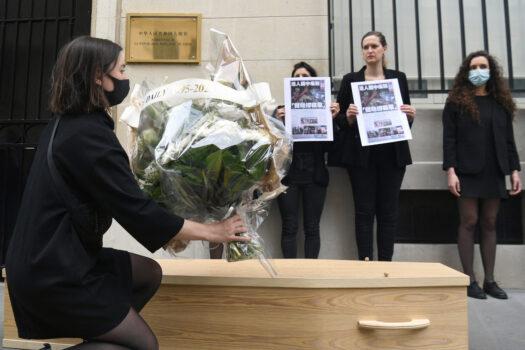
Falun Gong, also known as Falun Dafa, is an ancient Chinese spiritual practice consisting of simple, slow-moving meditation exercises and moral teachings incorporating the principles of truthfulness, compassion, and tolerance in everyday life.
A Changed Election System
Hong Kong’s election system was drastically modified by the CCP’s National Congress in 2021, allowing China to easily manipulate Hong Kong’s election results.This new system, known as “patriots ruling Hong Kong,” enables Beijing to screen candidates for Hong Kong’s Legislative Council (LegCo) and the Election Committee that elects the Chief Executive. This ensures that Beijing has almost complete control over local elections in Hong Kong.
Under the new system, the Election Committee—now almost entirely composed of pro-Beijing representatives—has overwhelming power to shape the LegCo election, in addition to selecting Hong Kong’s chief executive. The council has only 20 directly elected seats.
Massive Brain Drain
The deterioration of political freedom and the social environment has led many to leave Hong Kong.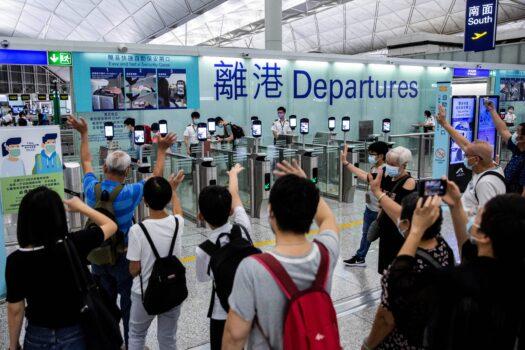
At a press conference on Nov. 4 last year, Chung Kim-wah, honorary director of the Hong Kong Public Opinion Research Institute, cited census numbers indicating that nearly 300,000 people had left Hong Kong over the past three years. Of that number, 135,000—accounting for 45 percent—were young people aged 15 to 29.
Chung predicted that the number of Hong Kongers emigrating will continue to increase.
He believes that the main reason is the implementation of the National Security Law. The law has damaged Hong Kong at its foundation, Chung said, and people of talent no longer feel that it is a place where they can make a living.
Addressing Lee’s statement about “trawling the world for talents,” Chung asked, “If you are a talent, would you choose to work in a place where injustice prevails, where information is not free, where there is political persecution and suppression everywhere, where you can’t even see real information when you read a newspaper, and where you are afraid of being accused of inciting or colluding with foreign powers when you speak?”

